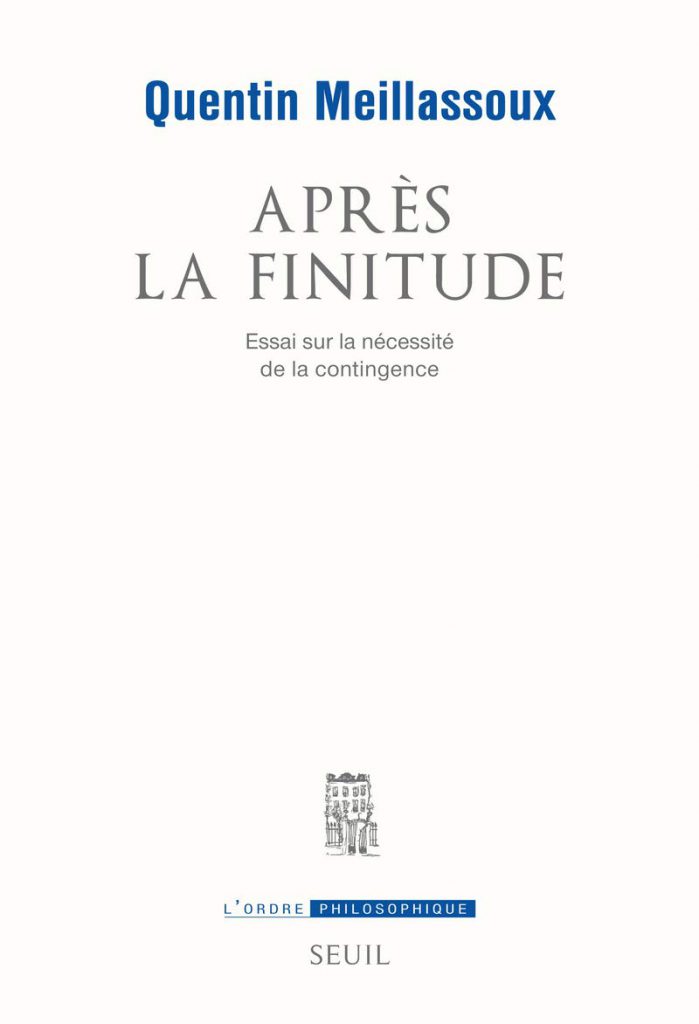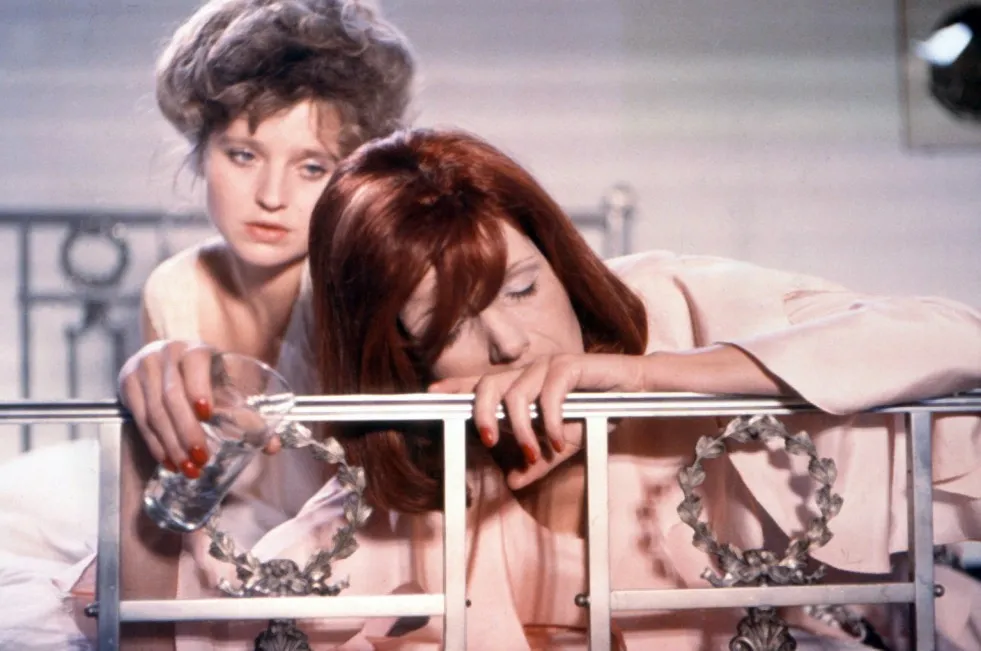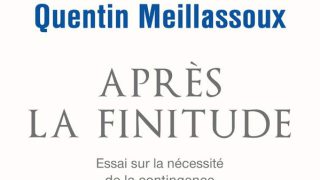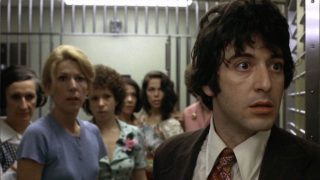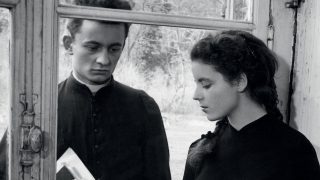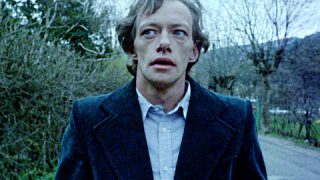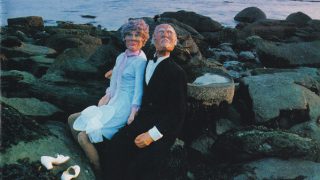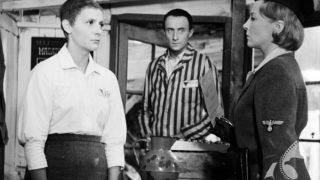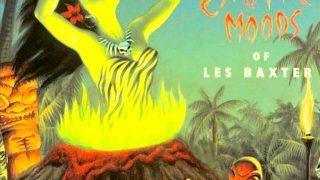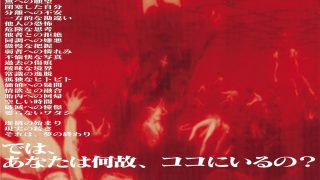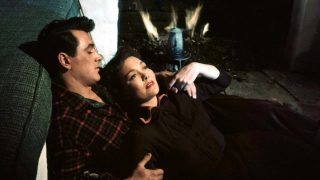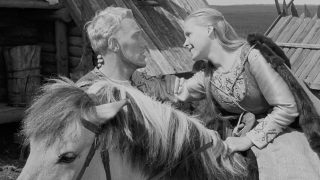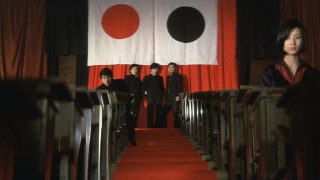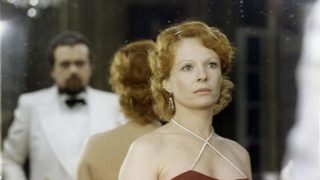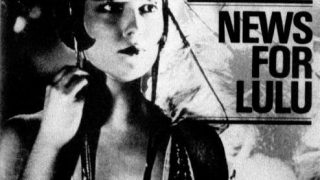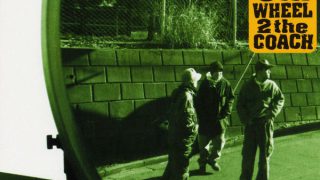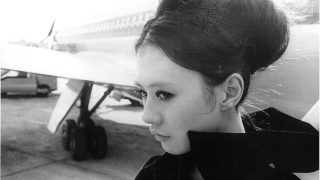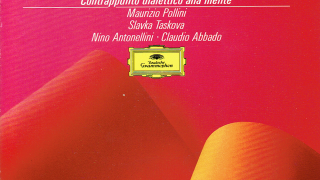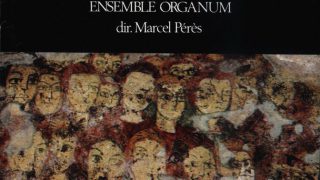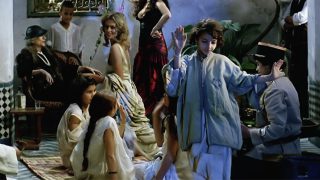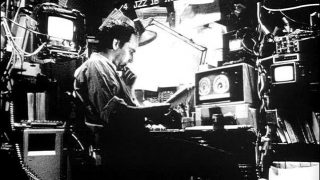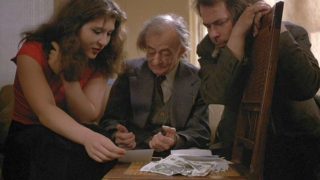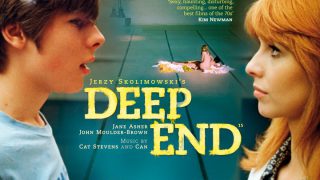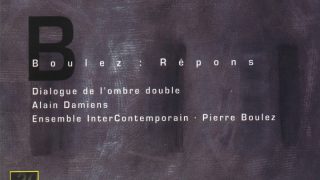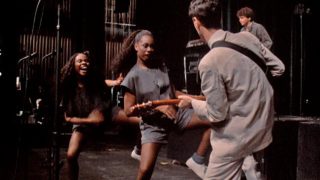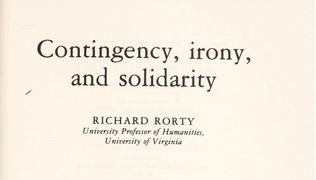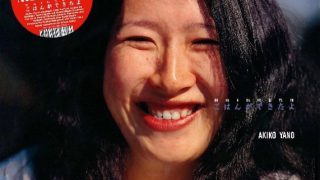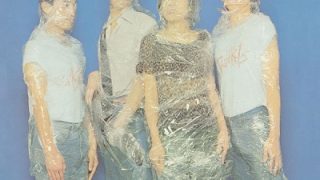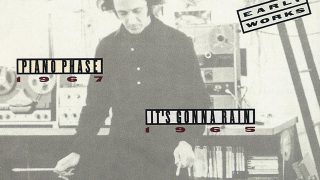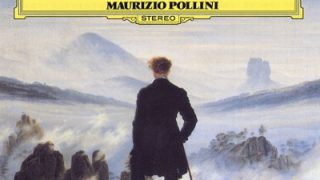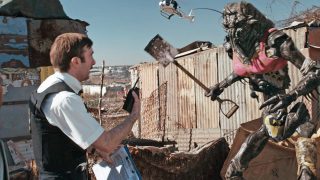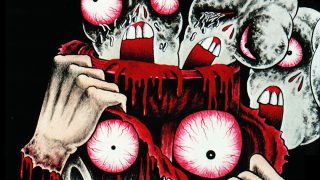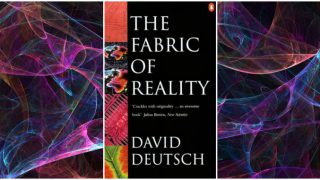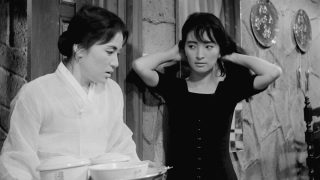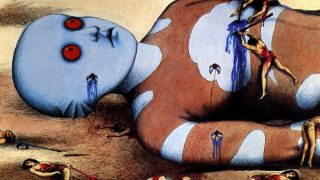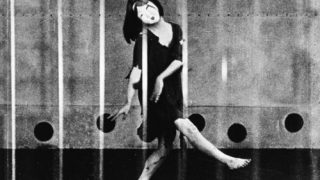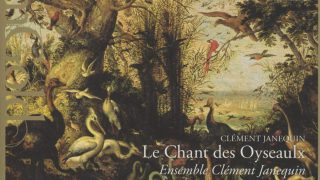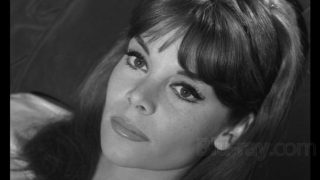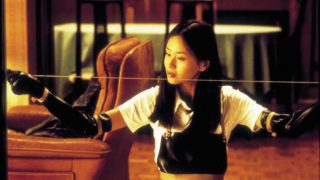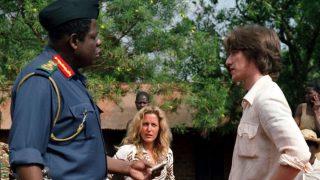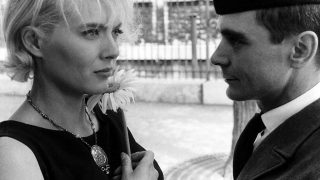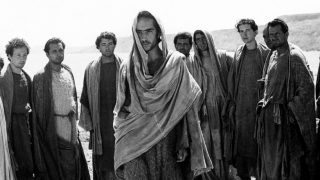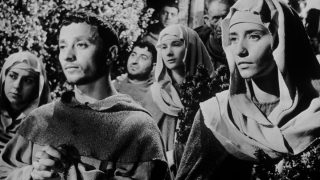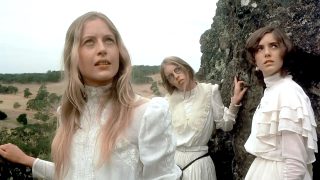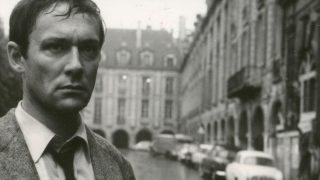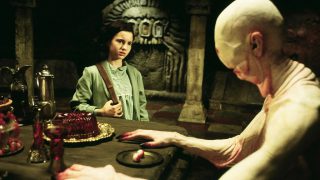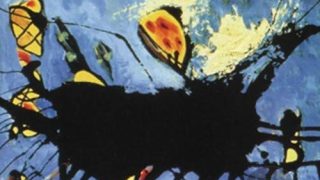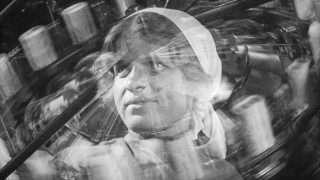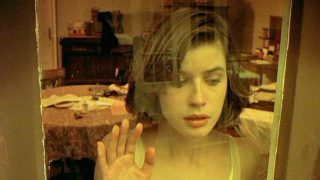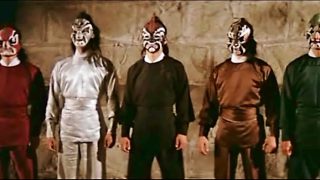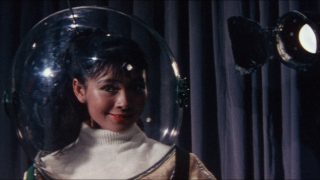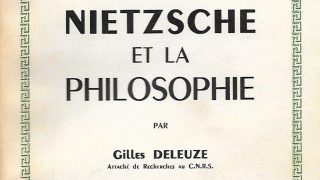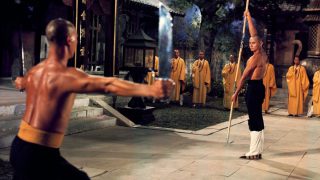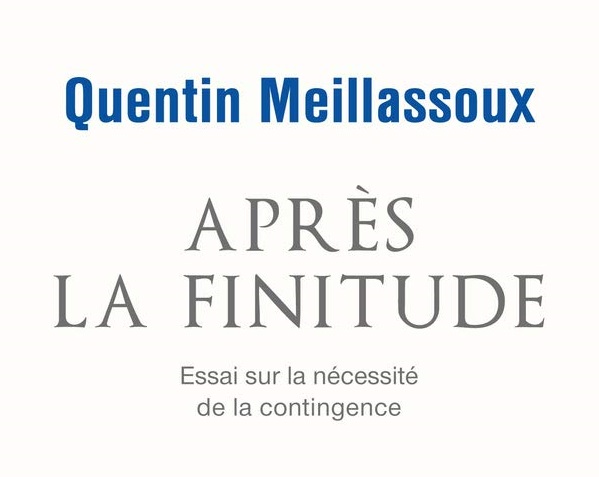“After Finitude: An Essay on the Necessity of Contingency (Après la finitude. Essai sur la nécessité de la contingence)” is the first book by French philosopher Quentin Meillassoux. The original French version was published by Éditions du Seuil in 2006.
It has a preface by French philosopher Alain Badiou. Meillassoux is Badiou’s former student at the École normale supérieure.
This book is about how we think about mathematical thingness of the world in the philosophy after Kant, who considered that we cannot know the things in themselves, and we construct phenomena through our forms of recognition, i.e., how we think about autonomy of the world, in the sense of that even if humankind didn’t exist, it would exist, and how we base mathematical science on philosophy.
In this book, Meillassoux criticizes relativism and anthropocentrism in postmodernism from his own stance, speculative materialism. This is an important issue related to the totality of modern philosophy. I have been considering this issue based on Kantian Kritizismus, philosophy of science and Spinoza-Marxian materialism, so this book was thought-provoking for me.
After Kant argued that the things in themselves are unrecognizable, philosophers deal with only the correlation between subjectivity and objectivity, consciousness and object. Meillassoux calls it “correlationism”. They are stuck in anthropocentric and transcendental idealism without thinking about the things directly. Within the framework of correlationism, both religious doctrines and scientific hypotheses are nothing but forms of recognition, intersubjective ideas of respective groups, and it follows that it’s up to individuals to decide which to believe (relativism and fideism in postmodernism).
That’s quite true. Phenomenologists deal with only the world represented in consciousness, and analytic philosophers deal with only the relations between language/logic and the world. Although Meillassoux criticizes Heidegger (phenomenology) and Wittgenstein (analytic philosophy) by name in this book, the modern philosophy as a whole cannot get out of the circulation circuit of transcendental idealism.
Modern scientists grow understanding of the world that would exist independently of human thought (mathematical reality), while modern philosophers banish the things in themselves from human thought, and do nothing but criticize one idea by another.
Can we get out of this going round in “correlational circle” and think about the things in themselves directly? This is a difficult problem in philosophy that still remains unsolved, and it is inconclusive in this book too.
No matter how you look at it, human thought cannot have a direct access to the things in themselves, but we cannot return to naïve realism or dogmatism. So, what is to be done?
There are two viewpoints: to emphasize the gap between humankind and nature, and to regard humankind as a part of nature. Modern mainstream philosophers and Lacanians have the former, and philosophers such as Spinoza and Deleuze have the latter. From the former viewpoint, Meillassoux goes back to Descartes before Kant in the history of modern philosophy, and tries to make a case for the reality of the world that exist independently of humankind.
Descartes based mathematical reality on his ontological proof for the existence of God, while Meillassoux assumes absolute contingency of the world, or facticity in the sense of that everything arises without reason, as a “first principle” instead of God.
In “Nietzsche and Philosophy” (1962), Gilles Deleuze argued about Nietzsche’s “eternal return” as being of becoming with reference to Mallarmé’s “Un coup de dés jamais n’abolira le hasard (A Throw of the Dice will Never Abolish Chance)” (1897). It seems that Meillassoux argues about the necessity of contingency, critically referring to Deleuze’s argument based on Alain Badiou’s criticism against Deleuze. The concept of infinity-sided universe dice Meillassoux deals with in this context is interesting as an image.
According to Meillassoux, Popper considered that scientific theories are falsifiable hypotheses, but he didn’t doubt Hume’s principle of the uniformity of nature (constancy of natural laws). Meillassoux doubts the uniformity of nature and the principle of reason themselves.
Meillassoux argues that even natural laws are able to change without reason. His point seems strange, but it can be understood, because constancy of natural laws and governance by the principle of reason are just assumptions by humankind, and there is no guarantee that they are orders inherent in the world. However, can we regard such contingency of the world as a principle?
Meillassoux tries to base mathematical reality from his stance like “Cartesianism without God”, but his ontological deduction on contingency of the world is like a science-fiction story. Although it is interesting as a thought experiment, I have doubts about his stance to explain the world only by formal logic. He also tries to make a case for the absolute contingency of the world (infinite possibilities of the world itself) with reference to Cantor’s infinite set theory through his teacher Alain Badiou, but it is not very persuasive.
I suppose it will be a path to metaphysics to assume the absolute contingency of the world as a “first principle”. Such a principle is unfalsifiable.
It seems modern antihumanism based on the developments of natural science and computer technology has a tendency to approach a kind of mathematical metaphysics. We have to criticize such an idea by Kantian critical intelligence. I suspect that we have no choice but to remain in Kantian Kritizismus and Popper’s falsificationism after all.
